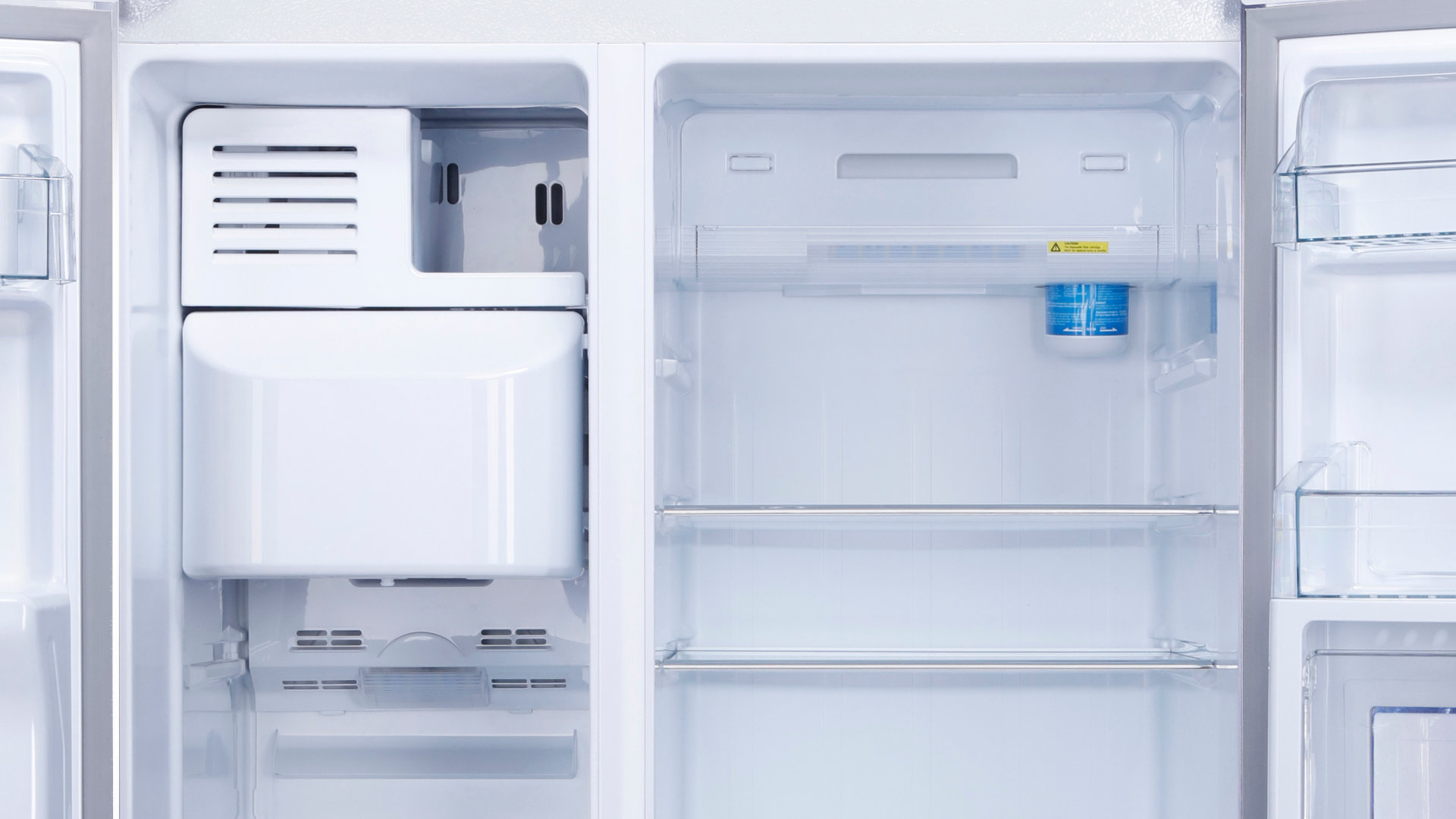
In this article, we are going to discuss seven simple ways to get rid of dryer static. Dryer static occurs when your clothes are tumbling around in your dryer and come into contact with each other when they fall. This causes friction, which in turn causes electrons to transfer between the fabrics of your clothing. When these positive and negative electrons come in contact, static occurs. After your dryer cycle ends and you take your laundry out, you may experience shocks.
Thankfully, there are a few simple things you can do to stop static from occurring. These include using dryer sheets, drying different fabrics separately, drying your laundry for less time, putting a damp cloth in with your laundry, putting a small amount of white vinegar in with your laundry, using wool balls, or using aluminum balls.
Let’s discuss each one in more detail.
1) Use dryer sheets
The simplest solution (and one of the most common) is to use dryer sheets. Dryer sheets, if you’re not aware, are sheets that are covered in fabric softener that is full of positive electrons. When your dryer is operating, these sheets will connect with negative electrons to prevent static from occurring.
The main downside of using dryer sheets is the fabric softener coating can become stuck to your dryer drum causing damage. There is, however, a wide range of different dryer sheets available so you may be able to find some that aren’t as sticky or damaging.
2) Dry synthetic fabrics by themselves
Synthetic fabrics are particularly prone to dryer static. The main offending synthetic fabrics are polyester and nylon due to the nature of the fabric’s chemical makeup. When these fabrics come up against natural fabrics like wool and cotton, static occurs much more easily. The best way to avoid this happening is to dry your polyester and nylon laundry separately from your cotton and wool laundry. When you do this, you’ll experience much less dryer static when you take your laundry out of the dryer.
3) Don’t dry your laundry for so long
When you dry your laundry for longer than it requires, static will be given a greater chance of occurring. This is because when your clothes are dry and start to rub together with other clothes, static is far more likely to happen. The easiest way to stop this from happening is to ensure you only dry your clothes for the minimum amount of time possible. You can also consider not drying some of your laundry items in the dryer at all, especially for fabrics that dry quickly.
4) Put a damp cloth in your dryer
Another simple way to get rid of dryer static is to place a damp cloth or towel into your dryer for the last ten to fifteen minutes of the drying cycle. This will add some moisture into the dryer air, which will stop static from occurring. Just make sure the cloth or towel isn’t very wet as this will make your laundry come out wet.
5) Put vinegar in your dryer
You can also spray a small amount of white vinegar onto a dry cloth and place it into your dryer when you put on a load. White vinegar is known to combat static as it keeps the air in your dryer damper, which reduces the friction when your clothes come in contact with each other.
6) Use wool dryer balls
One of the best chemical-free options to get rid of static is to use wool dryer balls. Wool dryer balls can be found at many offline and online retailers and don’t cost too much money. When you put them into your dryer, the balls absorb moisture from your wet clothes. This means that when your clothes become dry, the moisture in the wool balls ensures that your dryer has more moisture in it which helps to reduce static.
7) Use aluminum dryer balls
Another type of ball you can throw into your dryer to prevent static is aluminum dryer balls. These can be made yourself by turning aluminum foil into small balls (about 3 inches in size). You then put them into your dryer when you turn it onto a cycle and the foil helps to discharge static that builds up in your dryer. When the cycle ends, all of the static will have been discharged so you won’t get any shocks.
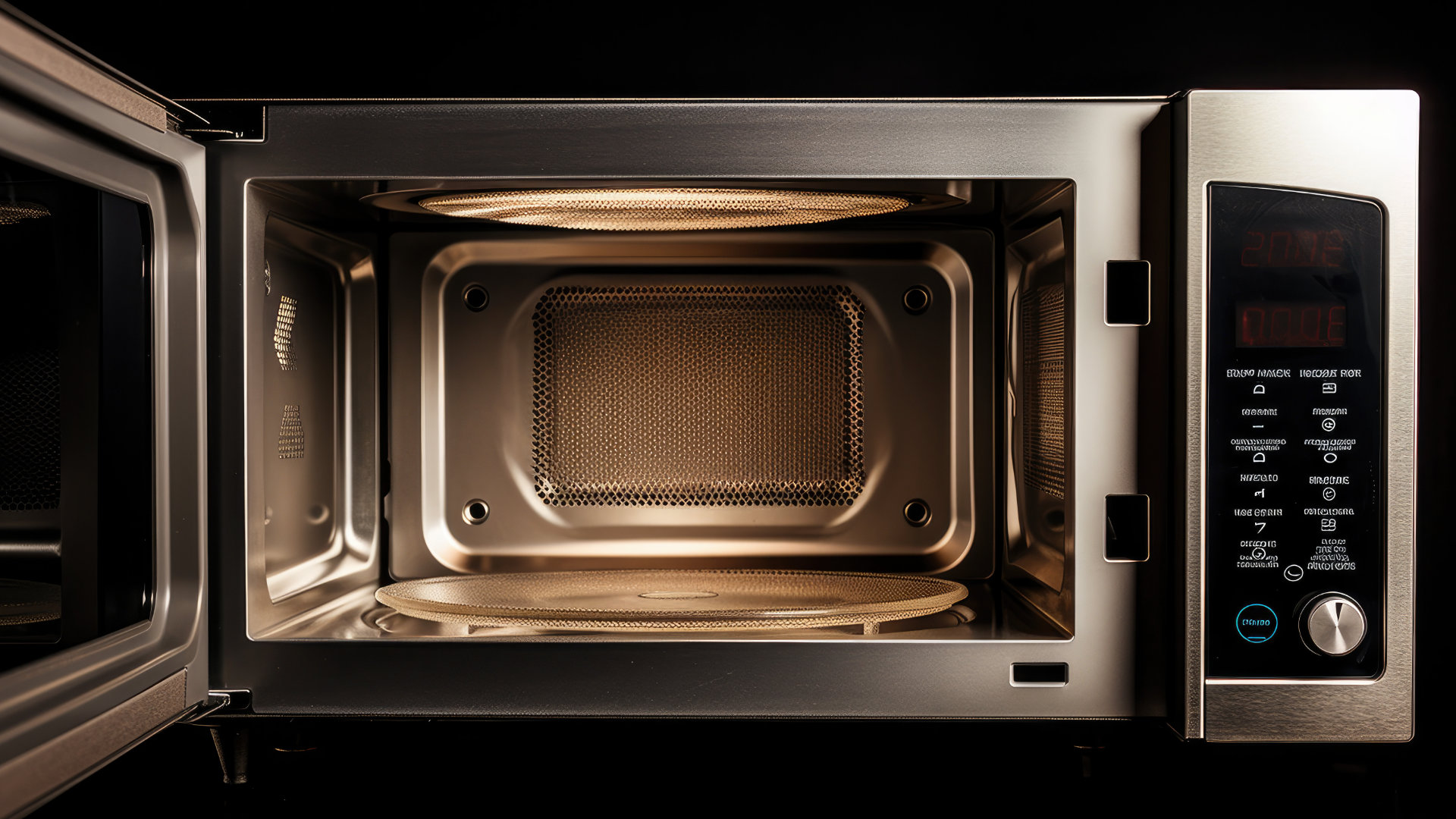
Eliminate the Burning Smell From Your Microwave
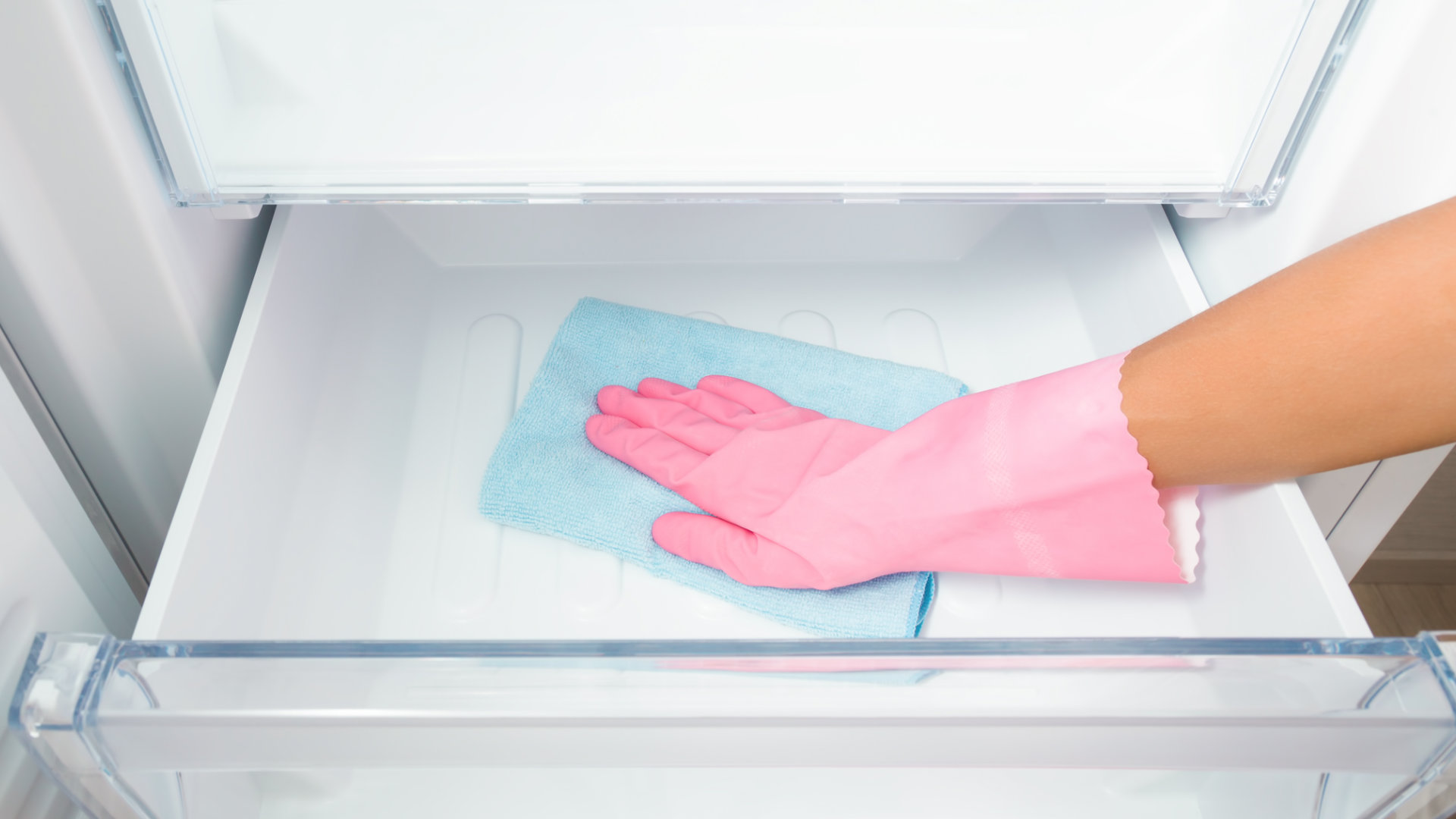
Fixing a Samsung Freezer That Won’t Freeze

Whirlpool Oven Won’t Heat: Here’s What To Do
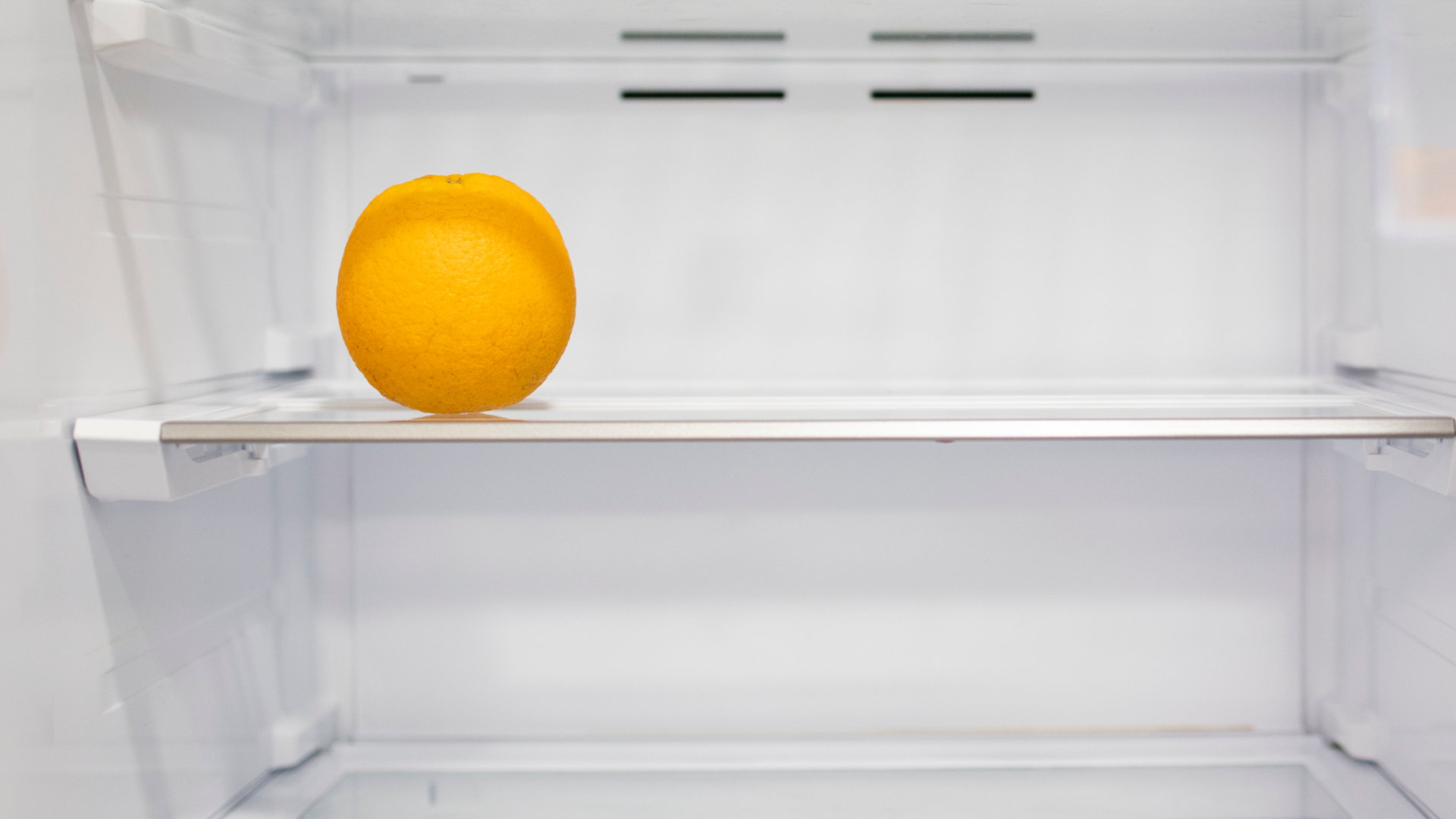
Easy Steps to Clean Your Refrigerator Coils
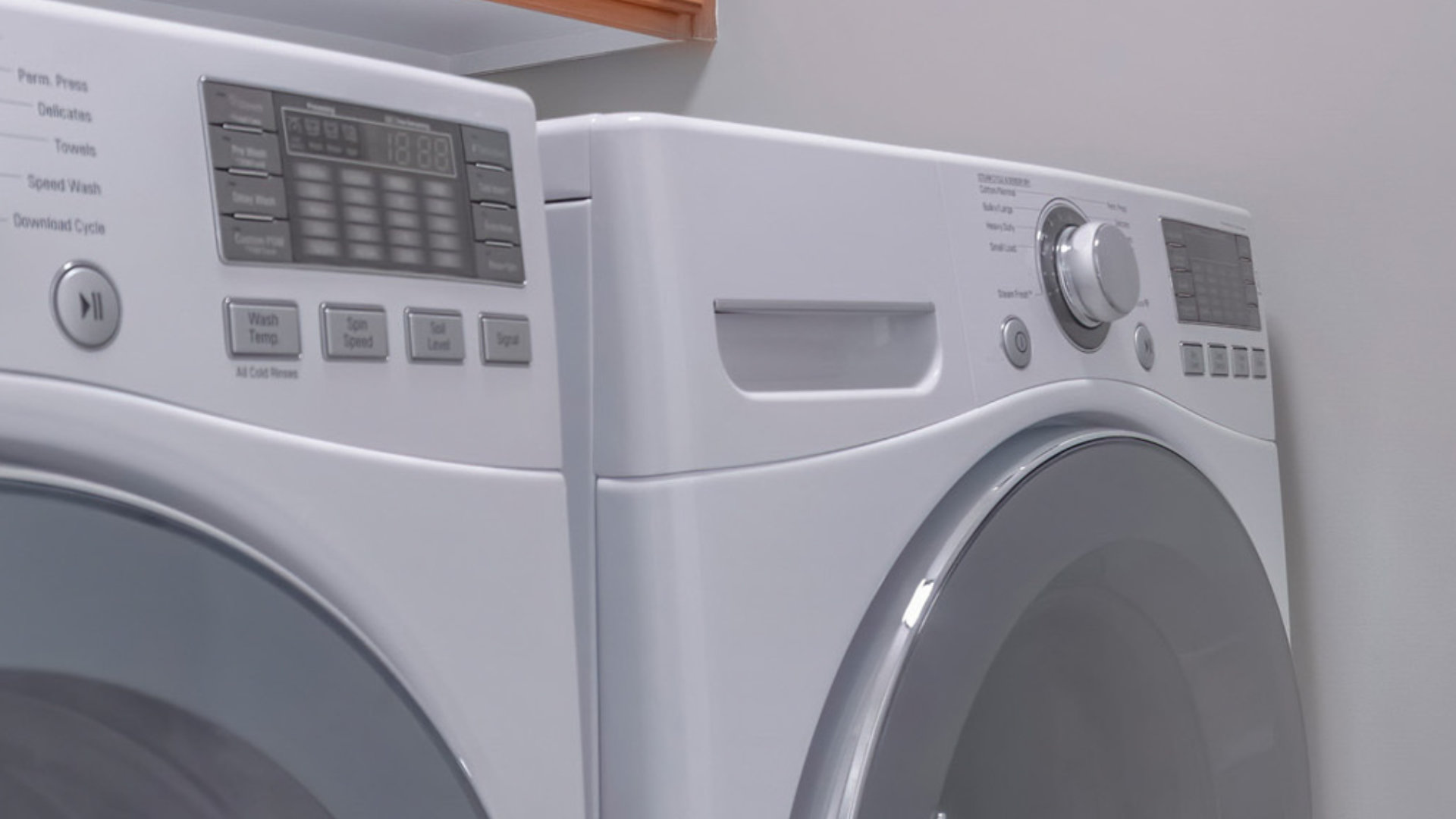
Quick Fixes for an LG Dryer Not Heating

How to Fix an Electrolux Dryer That’s Not Drying

Why Is Your Whirlpool Washer Lock Light Flashing?

Why Is Your Freezer Door Not Sealing?

How Does a Ventless Dryer Work?
